Undergraduate Major Programs
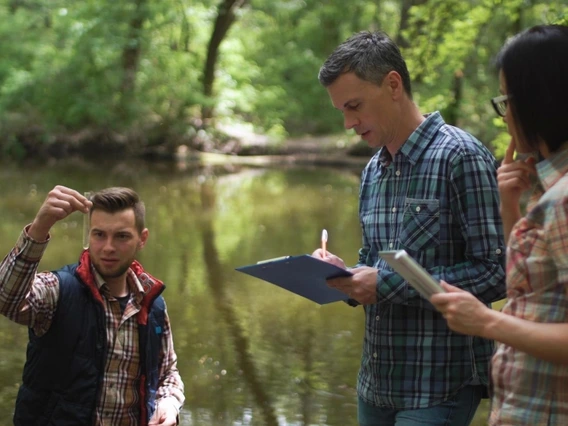
Geography
Water, Environment and Society Emphasis
Explore water supply and demand—a critical issue globally and in the Western U.S.—at a the world's No. 1 program in water resources. Courses examine key challenges and train you in the methods to address them, including remote sensing, geographic information science, and field methods, complemented by internships and research opportunities at renowned facilities and organizations.
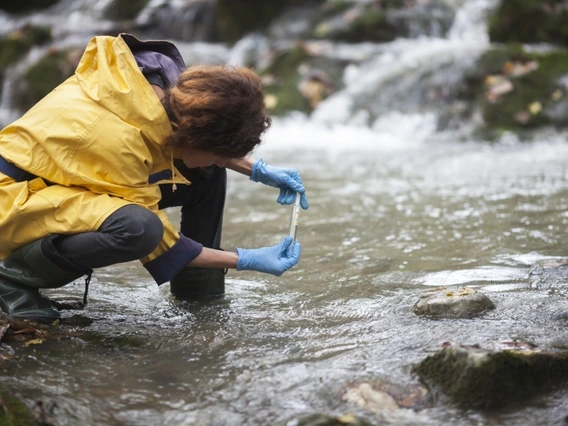
Geosciences
Earth, Ocean, and Climate Emphasis
Develop an understanding of Earth's climate—past, present, and future—and the important connections between the solid Earth, oceans, and atmosphere, and how they influence modern climate dynamics. Graduates pursue careers in environmental geology and scientific research in fields such as oceanography, climate science, surficial processes, paleoclimate, paleoecology and more.
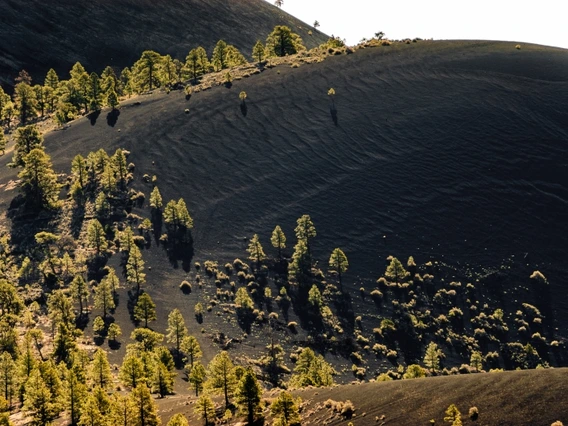
Geosciences
Geophysics Emphasis
Learn fundamental concepts in geosciences including the basic structure of the Earth, major events in the evolution of life on Earth, plate tectonics, formation and importance of Earth materials and natural resources, processes that shape and change our planet, and linkages between humans and our physical environment.
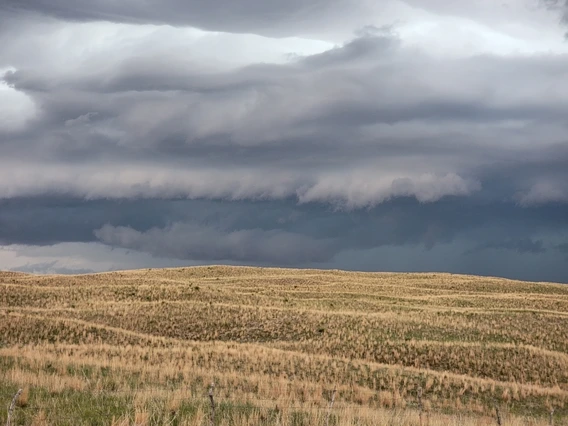
Hydrology and Atmospheric Sciences
Atmospheric Sciences Emphasis
Battle climate change and the impacts of severe weather in at-risk communities by analyzing weather and climate, forecasting, and assessing effects on the planet and people. Following requirements of the National Weather Service, the American Meteorological Society, and the World Meteorological Organization, this major translates to a variety of careers in corporations, nonprofit organizations, and government agencies.
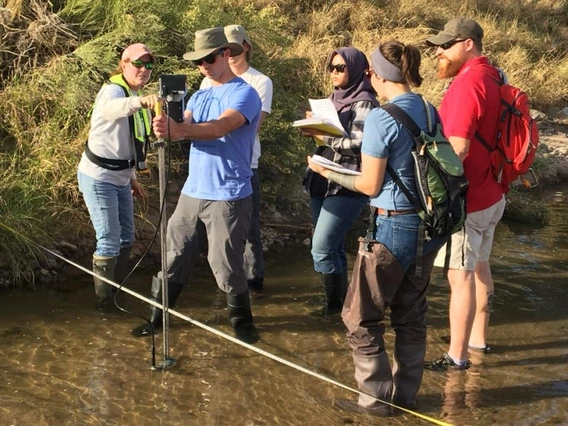
Hydrology and Atmospheric Sciences
Environmental Hydrology and Water Resources Emphasis
Learn about the interplay between water, nature and humans, quality and quantity of various water supplies, how water flow affects the environment, drought, flooding, pollution, precipitation, and more while preparing for a career that helps communities and conserves the environment.
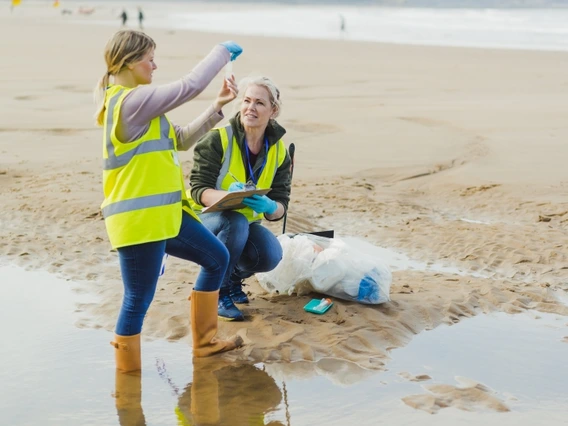
Natural Resources
Conservation Biology Emphasis
Study conservation of invertebrates, vertebrates, plants, fungi, microbes and scientific disciplines through coursework in policy, planning, and economics while acquiring highly desirable science and social-science skills and real-world experiences to pursue a career as a conservation biologist, conservation planner, environmental educator, researchers natural resource managers, or ecologist.
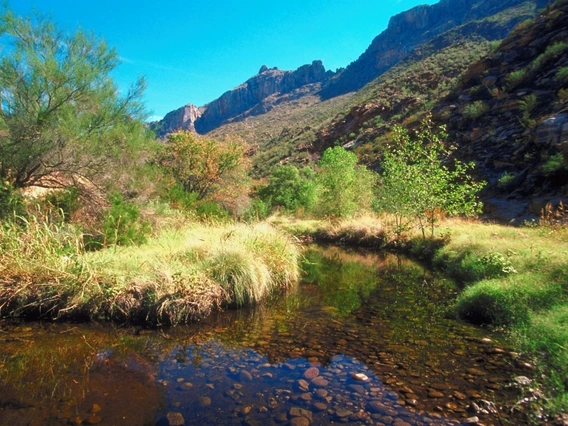
Natural Resources
Ecology, Management and Restoration of Rangelands Emphasis
Rise to the challenge of sustainably repairing and responsibly managing ecological systems with this degree, which focuses on resource management and restoration by building a strong foundation in the biological, physical, ecological and botanical sciences and field courses, internships, lab work, and opportunities to join research and restoration projects.
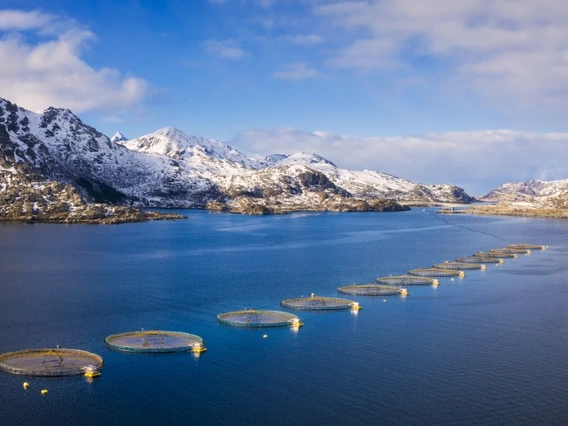
Natural Resources
Fisheries Conservation and Management Emphasis
Prepare for a career as a fishery biologists who develops strategies to maintain biodiversity and habitat, helps rare and endangered species to recover, manages populations of harvested animals, enforces laws, monitors plant and animal populations, manages refuges and hatcheries, designs and implements research projects, eliminates invasive species, develops computer models, and educates the public.

Natural Resources
Watershed Hydrology and Management Emphasis
Prepare for a career as a hydrologist or careers in organizations and businesses concerned with integrated land management, the environment or water resources with specialized coursework in ecology, ecosystem science, social science, communication, policy analysis, and the management of surface water resources.
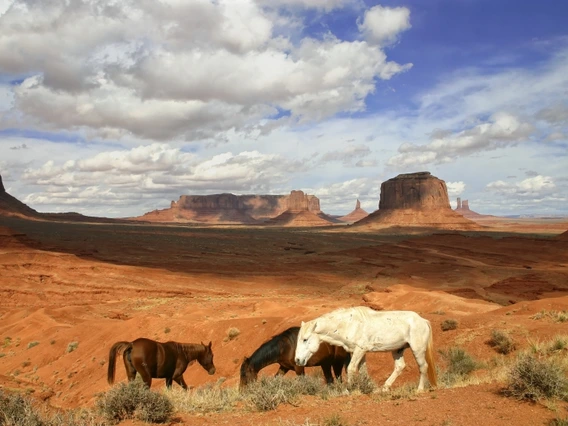
Natural Resources
Wildlife Conservation and Management Emphasis
Prepare for a career as a wildlife or fishery biologist, develop strategies to maintain biodiversity and habitat, help rare and endangered species recover, manage populations of harvested animals, monitor populations of plants and animals, manage refuges, implement research projects, eliminate invasive species, and educate the public.
Pagination
- First page
- …
- 1
- 2
- 3
- …
- Last page
Environmental Themes
Career Fields












